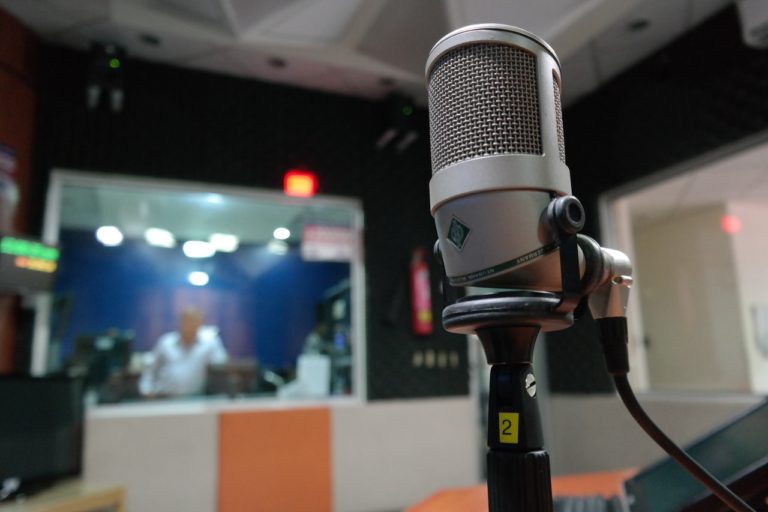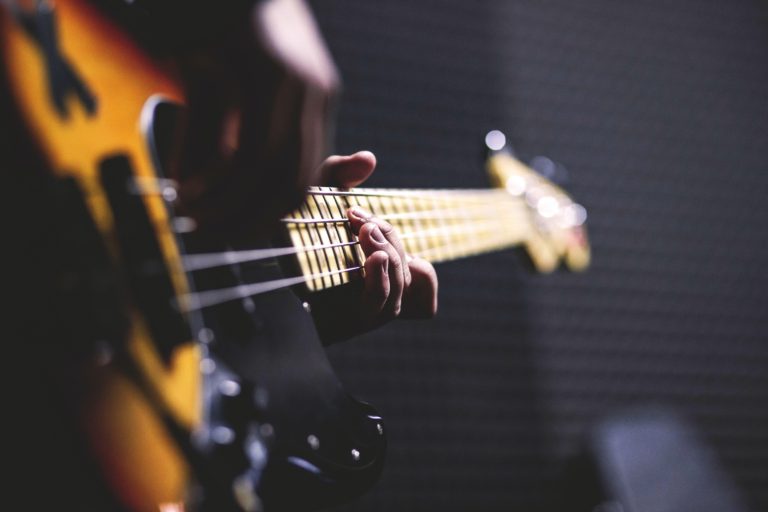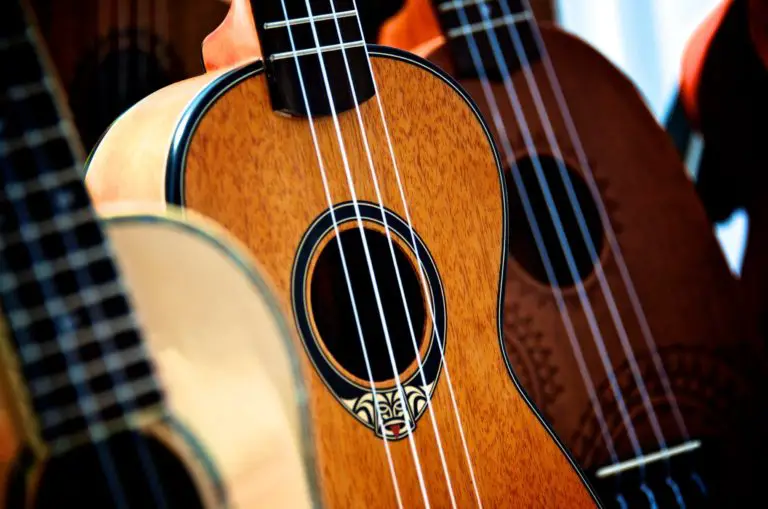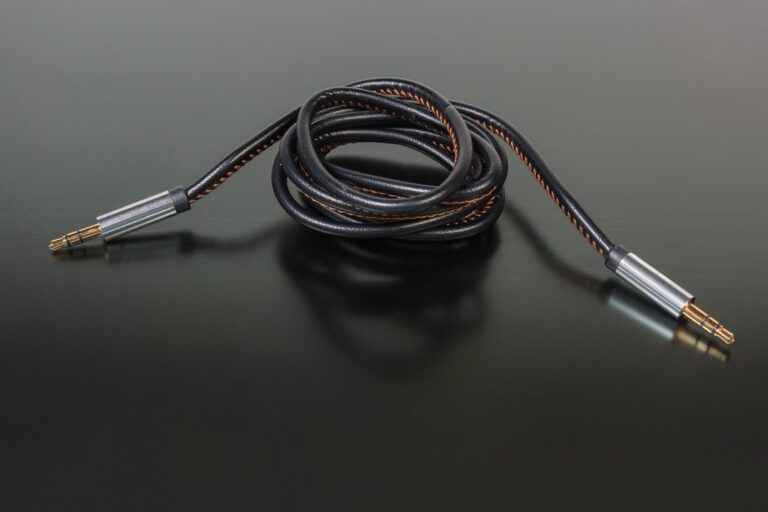Do Songwriters Get Paid Upfront?
Songwriters are the lifeblood of the music industry. They write the songs, after all. However, the question of payment is multi-faceted and every contract outlines the terms differently.
So, do songwriters get paid upfront? Sometimes — but upfront payment is far from the only method of payment. In fact, it’s common for payment to be split; some of it may come immediately (with an advance) and the rest comes later.
We will explore the most prevalent components of a songwriter’s salary — and how upfront payment fits into the grand scheme of the music business — below.
Songwriting Income Sources
For most musicians, survival is dependent upon multiple income streams. Usually, relying on one form of payment is unfortunately inadequate. The shining stone in this is that there are plenty of income sources songwriters can combine to maximize earnings.
Streaming Royalties
Nowadays, most people are on the streaming train. And with each stream companies including Spotify, Apple, and Amazon owe their artists a royalty payment.
The amount per stream is tiny — Spotify only pays 3/10 of a cent per stream — but can add up quickly for popular songs.
However, most musicians don’t depend on streaming royalties, although they may provide solid passive income. They are capable of helping to get an artist to a achieving full time income, but not without leveraging other sources to get to that point of success.
Physical Sales
For those under 25, buying music might sound like an archaic concept. It’s still a thing, though.
Not only are physical sales still a thing, mechanical royalties remain a top source of songwriter income.
Mechanical royalties from a physical sale (or download) are much higher than from a stream. In fact, someone would need to stream one of your songs on Spotify about 30 times to equal the royalties from a single physical sale.
Furthermore, many songwriters earn more per sale than the mechanical royalties alone. If the label produces and sells the CDs or records themselves, the songwriter may get the majority of what someone pays for an album.
Sync Licensing Fees
When a third party (that is anyone other than the songwriter or label) uses a song in video or visual form, sync licensing fees, or royalties, are what they gotta pay.
Sync licensing fees are generally a less prevalent type of royalty. When they come into play, though, the payout can be big. They are usually paid in a lump sum, rather than continuously as is the case with mechanical royalties.
When a company, for example, needs to produce a commercial and has their eye on a particular song, they’ll need to pay the recording artist and songwriter upfront before they can air anything.
The song “Love” is a powerhouse of sync royalties, having received settlements between $50,000 and $200,000 per production from companies like Cadillac and Microsoft in the early 2010s.
Another example is the movie Thor: Ragnarok using “Immigrant Song” by Led Zeppelin. The dollar amount paid is not clear, but considering film studios have failed for decades to get the band to use their music, it is safe to assume that the settlement here was particularly hefty. And Marvel definitely paid upfront.
In some cases, sync licensing fees can be paid on a continuous basis, for example when TV shows that feature a song air multiple times. The exact payout structure varies contract to contract.
Public Performances
Performing live is where most touring musicians earn the majority of their salary. While songwriters may or may not be physically present for concerts, performance rights organizations (PROs) usually ensure they get a cut.
These cuts are called performance royalties. These are incurred whenever a song is played live, such as by a cover band or in a venue. In the case of a cover band, members must purchase a license from a PRO (ASCAP and BMI are the big ones) to gain “access” to their song databases. This is more convenient for both the performer and the songwriter as the PRO handles tracking plays and paying out funds to whomever they need to go.
Unfortunately for songwriters, royalties are not an upfront payment source. Many months may go by between someone performing a song and the songwriter receiving those royalties from a PRO.
Nevertheless, a songwriter might get paid upfront for ticket sales, depending on how the contract is written.
Occurrence of Upfront Payment
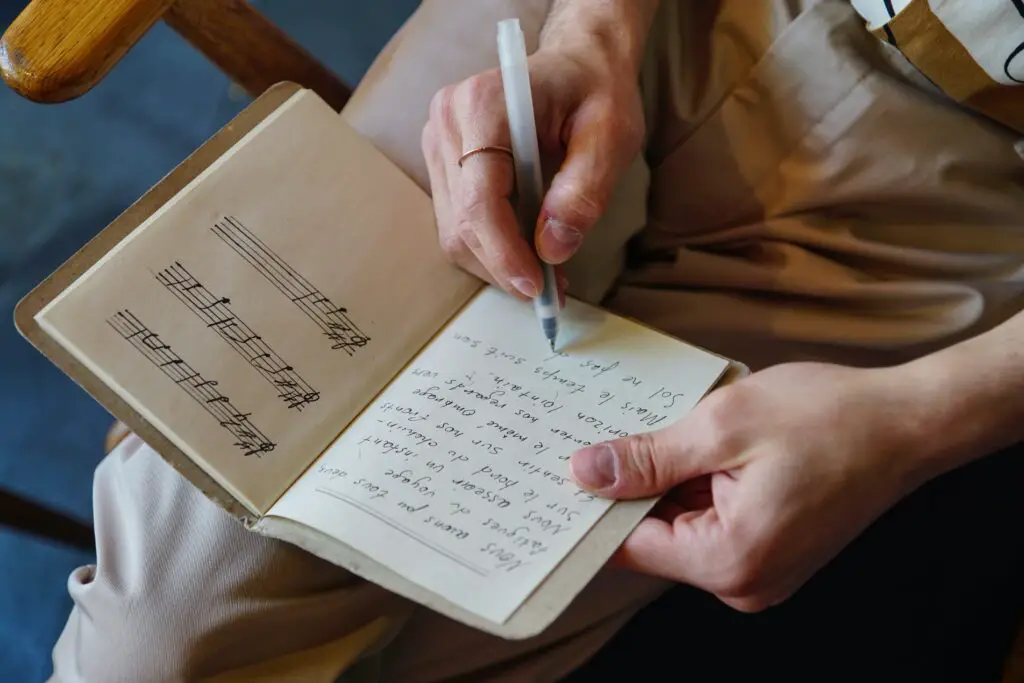
While not universal, there are a couple arrangements where songwriters do receive immediate, upfront payment. Generally though, upfront payment makes artists pay for convenience in some capacity.
Also, one particular form of upfront payment is both exceptionally convenient and especially risky.
Advances.
Advances
Publishing deals often offer their clients something called an advance. An advance is essentially an immediate, upfront royalty payment that acts as a salary. However, there are some key differences — and caveats — with publishing deal advances.
A publishing deal advance is more or less identical to a standard salary advance. While it does offer the kind of upfront payment that many artists desire, the publisher faces the same kind of risks that a lending institution would.
Pros and Cons of Upfront Payment
Getting immediate access to money has obvious advantages. Songwriters do not need to wait months to get their first penny. Plus, money received sooner can sooner be put toward better equipment or not starving.
This is also what makes credit cards so appealing, but everyone knows what the tradeoff is here. It’s startlingly similar to what happens with upfront payment models, particularly advances.
Because advances depend on future royalty payments, there is a small chance that those royalties never arrive. Thus, advances are rarely without strings attached. Songwriters must cross their fingers and hope their songs are successful enough to recoup those funds.
Fortunately, there is a way to minimize those risks in the form of a 50/50 split.
With a 50/50 split, half the expected royalties are paid upfront and the other half is paid when they actually come through. Most publishing labels prefer this arrangement because it reduces the chance of non-payment. Meanwhile, songwriters won’t need to feel as indebted.
Unfortunately, being half-liable for something isn’t a perfect scenario, either.
Alternative Payment Models for Songwriters
While the idea of getting paid immediately is obviously ideal, upfront payment presents a few drawbacks. The most common issue is songwriter liability. Rarely does upfront payment not come attached with the expectation of future revenue.
This is why alternative payment models exist. Upfront payment is not the only decent deal — in fact, it is only the best option in some situations.
Some other worthwhile payment models include:
Work-for-Hire Agreements
There is some confusion around work-for-hire agreements in music, but the concept it really quite simple. Instead of producing a song and owning the rights to it, an artist in a work-for-hire arrangement contributes to a track but releases the rights to another upon completion.
You might be thinking, “that’s kind of crappy!”
Sure, some producers may use work-for-hire arrangement to exploit naive songwriters. However, not all work-for-hire agreements are terrible. In fact, they’re often one of the fairest contracts around.
Often times, the work-for-hire artist composes a specific part of the song — such as the beat or a portion of the lyrics. The copyright owner may have done everything else.
Sometimes, a musician may not desire future royalty payments. Instead, a work-for-hire agreement is a perfect way to make a quick buck, as payment is as immediate as an advance without all the liability.
Co-Writing Agreements
Go ahead and guess what you believe a co-writing agreement is. You’re probably right.
As the name implies, co-writing agreements allow artists who collaborated on a song to decide on who gets what. Contract details are up to the songwriters’ discretion.
The most common co-writing agreement is a 50/50 split (but not the one we talked about earlier). In simple terms, one person gets half the royalties while the other gets the other half.
Co-writing agreements can cover more than two artists. If there are three main contributors, you might see a 33/33/33 split (which doesn’t role off the tongue so well but conveys the concept). There are other ways to break up payments, but you’d be here all day if you were to read about all possible combinations.
Conclusion
With so many ways for songwriters to get paid, upfront payment is merely one of many pathways. The most prevalent paths include royalties (mechanical, performance, and sync), ticket sales, and physical music sales.
Some artists may opt for an advance, in which they receive the closest thing to a typical salary there is, but this is far from universal. Instead, work-for-hire agreements offer an alternative means of getting quick cash.
Ultimately, how a songwriter gets paid doesn’t seem so important — so long as they get paid. But there is much to consider. It is vital for every songwriter to peruse their options so they can better negotiate fair terms.
“Quick” does not always mean “best.” Patience literally pays!



